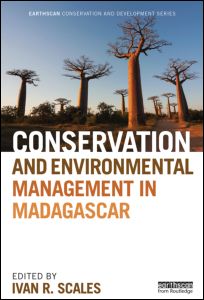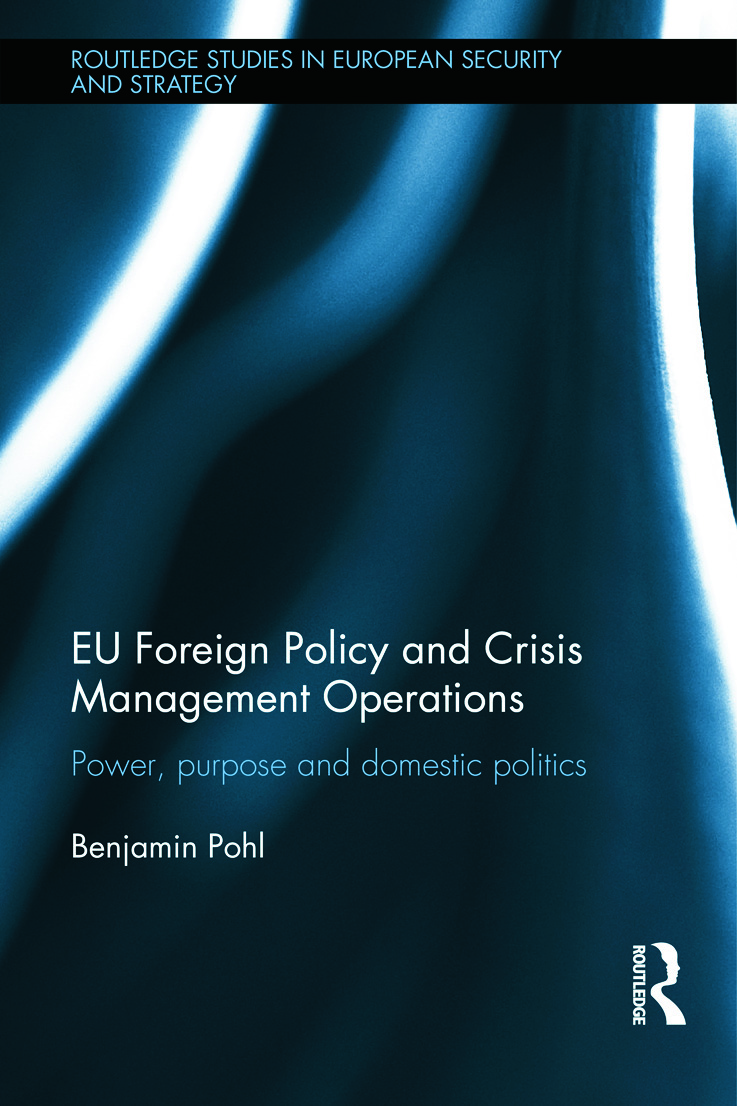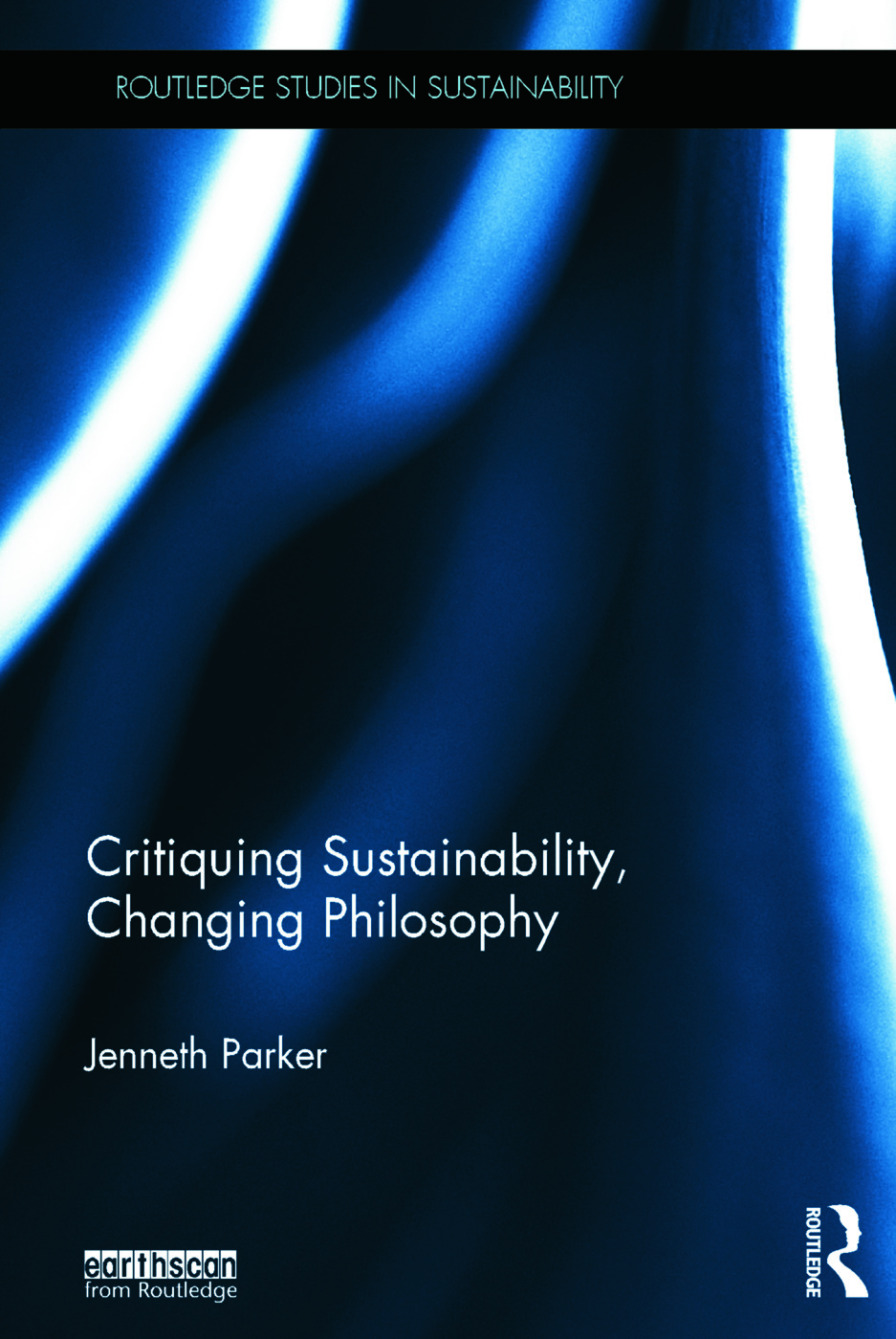Living with Environmental Change
Waterworlds
Routledge – 2014 – 304 pages
Description:
Climate change is a lived experience of changes in the environment, often destroying conventional forms of subsistence and production, creating new patterns of movement and connection, and transforming people’s imagined future.
This book explores how people across the world think about environmental change and how they act upon the perception of past, present and future opportunities. Drawing on the ethnographic fieldwork of expert authors, it sheds new light on the human experience of and social response to climate change by taking us from the Arctic to the Pacific, from the Southeast Indian Coastal zone to the West-African dry-lands and deserts, as well as to Peruvian mountain communities and cities.
Divided into four thematic parts - Water, Landscape, Technology, Time – this book uses rich photographic material to accompany the short texts and reflections in order to bring to life the human ingenuity and social responsibility of people in the face of new uncertainties. In an era of melting glaciers, drying lands, and rising seas, it shows how it is part and parcel of human life to take responsibility for the social community and take creative action on the basis of a localized understanding of the environment.
This highly original contribution to the anthropological study of climate change is a must-read for all those wanting to understand better what climate change means on the ground and interested in a sustainable future for the Earth.
Content:
Introduction Portraits Part 1 Water 1. Introduction Kirsten Hastrup 2. Narwhals and Navigators on the Arctic Sea Kirsten Hastrup 3. Ephemeral Tsunamis, Emotional Waves, and Enduring Islands Maria Louise B. Robertson 4. Sea Water to the Mountain Top: The Hydrological Cycle in Chivay, Peru Astrid B. Stensrud 5. Bursting Bodies of Water Mattias B. Rasmussen 6. When it Rains and the River Grows Astrid O. Andersen 7. The Elusive Pleasure of Rain in the Sahel Jonas Ø. Nielsen 8. Dams: Management versus Luck Mette F. Olwig 9. Water as Power and Destroyer Frank Sejersen 10. New Opportunities turning into Disaster Anette Reenberg 11. Coastal Gardens and their Magic Frida Hastrup 11. The Sprawled Way of Detergents Cecilie Rubow 12. Droughts: Complex Social Phenomena Christian Vium 13. Water Quantity vs. Water Quality Laura V. Rasmussen 14. Fixed and Fluid Waters: Mirroring the Arctic and the Pacific Kirsten Hastrup and Maria Louise B. Robertson Part 2. Technology 15. Introduction Cecilie Rubow 16. Sea Level and Coastal Protection Cecilie Rubow 17. Urbanizing Water in a Context of Scarcity Christian Vium 18. A Job-Machine Powered by Water Frank Sejersen 19. Life in the Shadow of a Water Tower Astrid O. Andersen 20. Waste and Water – Connected and Mixed Maria Louise B. Robertson 21. Inverted Watering Strategies in Senegal Anette Reenberg 22. Cobs as Technological Solutions Mette F. Olwig 23. The Imagined Water Pump Jonas Ø. Nielsen 24. Unpredictable Side Effects of New Technologies Laura V. Rasmussen 25. Scalable and Fluid Sprinklers Astrid B. Stensrud 26. Dry Technologies and Community Bureaucracies Mattias B. Rasmussen 27. A Life Jacket Story Frida Hastrup 28. Unpacking the Dog Sledge Kirsten Hastrup 29. Water Technologies. Mirroring Great Expectations in Greenland and Ghana Mette F. Olwig and Frank Sejersen Part 3. Landscape 30. Introduction Kirsten Hastrup 31. Hualca Hualca: Mountain Lord and Life Source Astrid B. Stensrud 32. Knowing Landscapes of Water in Kiribati Maria Louise B. Robertson 33. Borders at sea Frida Hastrup 34. Making Urban Landscapes – People, Water, Materials Astrid O. Andersen 35. Dreams, Water and the Remodelling of Place Frank Sejersen 36. Strategic Thinking: Changeable Usages of the Nigerien Landscape Anette Reenberg 37. Landscapes of Droughts and Floods on the Desert Margins Laura V. Rasmussen 38. A Landscape of Ice - Kirsten Hastrup 39. Walking Along Water Mattias B. Rasmussen 39. Old Water, Gardens and Prophetic Powers in the Sahel Jonas Ø. Nielsen 40. Can You See Climate Change in a Changing Environment? Cecilie Rubow 41. Mental Topographies Mette F. Olwig 42. Nomadic Landscapes and Ephemeral Resources - Christian Vium 43. Icons of Climate Change. Mirroring the Sahel and the Andes Astrid O. Andersen/Jonas Ø. Nielsen Part 4. Time 44. Introduction Cecilie Rubow 45. Glacial Time Kirsten Hastrup 46. Seasons, Timings, and the Rhythms of Life Mattias B. Rasmussen 47. Flexible Trajectories: Nomadic Pastoral Mobility Patterns Christian Vium 48. Still Life on the Shore Frida Hastrup 49. Appraising Change: A Question of Baseline Anette Reenberg 50. Litres per Second: Measuring the Water Flow Astrid B. Stensrud 51. New Scenarios and Unstable Temporalities Cecilie Rubow 52. Facing Reality - Managing/Imagining the Time Left on an Atoll Maria Louise B. Robertson 53. Anticipating Futures and the Rhythms of Water - Frank Sejersen 54. Slow versus Fast Changes in Sahelian Land Use Systems Laura V. Rasmussen 55. Three Calendars and the Test of Time in Northern Sahel Jonas Ø. Nielsen 56. "Packages" with Disparate Time Horizons Mette F. Olwig 57. Urban Talks of Climate and Weather Astrid O. Andersen 58. Times of Climate Change in Religion and Ethics. Mirroring the Andes and the Pacific Cecilie Rubow and Mattias B. Rasmussen
Reviews:
Is it possible to understand climate change through scientific theories, data and models? Hastrup and Rubow in this important book show why the answer is a decisive ‘no’. Drawing upon a rich and diverse array of sites around the world, Living with Environmental Change: Waterworlds offers dozens of compelling portraits of what climate change means to different people living in different places. This impressive collection of short essays shows why the anthropological study of climate change is at least as important as its scientific study. Rather than something to be feared, climate change is becoming part of the way in which humans and their cultures continually respond to the future and thereby re-shape it.
–Mike Hulme, King’s College London, UK
A unique contribution to the understanding of climate change as it appears to people all over the world. Using the framework of water, landscape, technology and climate it is a bold attempt to summarise a lot of human interest, experience and theory. It should be appreciated by anyone interested in the topic and not just by specialists.
–Jonathan Paul Marshall, University Technology Sydney, Australia
The Waterworlds team has produced a book that ‘shows rather than tells’ how communities experience climate change at a local level. By highlighting narratives from different parts of the world,they illuminate the complex pressures that emerge as shifts in climate initiate changes in social and material environments, as well as the creative adaptations that people are making in confronting these challenges.
–Veronica Strang, Durham University, UK
source from:
source from:
http://www.routledge.com/books/details/9780415746670/

























 Lauren Sorkin is an environment, climate change and knowledge management specialist working in ADB's Viet Nam Resident Mission. Prior to joining ADB, she worked for the USAID Eco-Asia Clean Development and Climate Program, the European Commission and the Worldwatch Institute.
Lauren Sorkin is an environment, climate change and knowledge management specialist working in ADB's Viet Nam Resident Mission. Prior to joining ADB, she worked for the USAID Eco-Asia Clean Development and Climate Program, the European Commission and the Worldwatch Institute.  Linda Adams is a Social Development Specialist in ADB’s Southeast Asia Department. Prior to joining ADB she worked as social development consultant for various multilateral and bilateral development organizations and NGOs, including the World Bank, United Nations, DFID, USAID, SNV and CARE International.
Linda Adams is a Social Development Specialist in ADB’s Southeast Asia Department. Prior to joining ADB she worked as social development consultant for various multilateral and bilateral development organizations and NGOs, including the World Bank, United Nations, DFID, USAID, SNV and CARE International.







